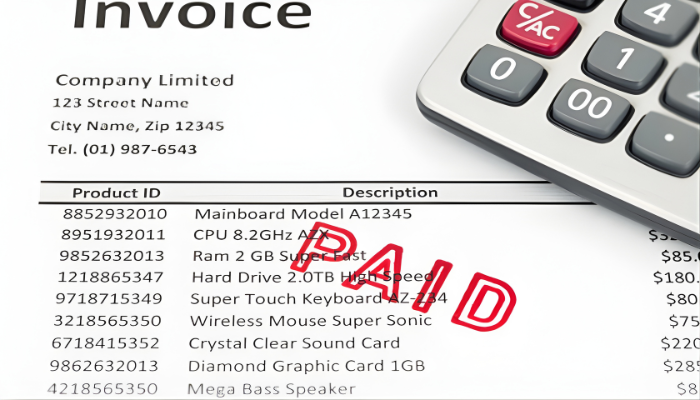
Cash flow is critical for growing your business. Having access to a line of credit is a dream of many business owners who are frustrated with not having enough cash on hand. However, unless your business is well established, with great credit, you may not have access to a line of credit. Even more importantly, however, a line of credit may not be the right answer for your cash flow needs.
Invoice factoring is a viable alternative to getting a line of credit, especially for smaller companies. In many cases, factoring is the better choice.
Why Is Factoring Better Than a Line of Credit?
1. Invoice factoring is easier to obtain and expand. Have you gone to the bank and applied for a line of credit? Many small business owners have. If you have great credit and an established business, the bank may offer you a line of credit. The problem is that many small businesses are not that well established and may not have the best credit on the planet. Those businesses can struggle to get a line of credit from any lender.
Even if you have a line of credit, getting a larger one is difficult. The only way a lender is going to agree to a larger line of credit is if you have even better credit than you did when you got the first one. It can take weeks to get the approvals.
Invoice factoring is much easier to set-up and expand than a line of credit. You can get approval in a few business days, even if you are not well established or have the best credit. Once you get approval and submit your open invoices, you can get up to 90 percent of the value of those invoices within a day or two.
As your business grows, your invoice count and totals due will also grow. That makes it possible to expand your available cash flow by submitting more of those invoices to the factoring company.
2. Factoring does not add debt to your company's bottom line. The moment you use a line of credit, you have just expanded the amount of debt your company is carrying. Now, a bit of debt is not necessarily a bad thing. However, it is not something you want to incur all that often. The larger the amount of debt your company carries, the more difficult it will be in the long run. Lingering debt is not something investors want to see on a company's financial records.
Invoice factoring does not work like a line of credit. Instead of adding an additional line on the debt side of the ledger, you are moving funds from the accounts receivable line to the cash line. All you end up paying is a small factoring fee for each invoice the company collects. That is treated as an expense, not a debt.
3. Factoring gets you out of the business of being a debt collector. How much time do you or your employees spend on collection activities? If you get a line of credit, you retain that function and the expenses associated with it. You have to stay on top of it even more because you are further in debt when you used the line of credit.
With invoice factoring, it is a bit different. Not only do you get the cash flow you need, you also get rid of the debt collection activities. That frees up the time to do what your business needs to grow and remain healthy.
Today's business world requires a steady flow of cash for any company that wants to have the flexibility and capital to grow. A line of credit is one option. However, invoice factoring is the better alternative. It gives you the cash you need, when you need it, without adding debt to your company's financial records.
How can you use invoice factoring to expand your cash flow?

















